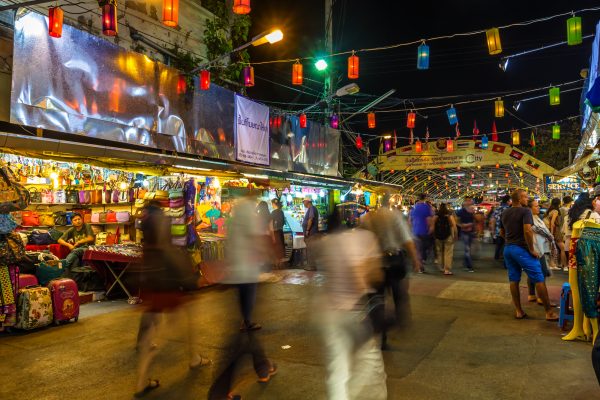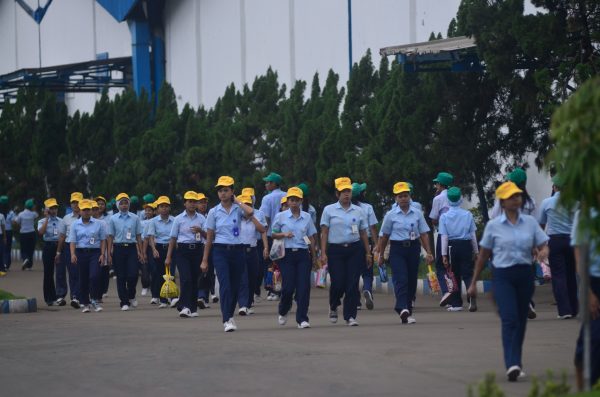Sales of Yizhuan Automobile Co.’s trash trucks picked up after China ended anti-virus controls in December, but their growth is in low gear as managers struggle to rebuild business lost during the pandemic.
China’s economy rebounded at the start of 2023, but after a good first quarter, factory output and consumer spending are weakening. An official survey in April found a record 1 in 5 young workers in cities were unemployed.
Yizhuan’s sales are up only by single-digit percentages from last year’s depressed level, according to its deputy general manager, Yu Xiongli. The 300-employee company is in Hubei province, where the first coronavirus cases were detected in late 2019.
“It is still in the process of recovering,” Yu said. “Growth is quite slow.”
China’s economic growth accelerated to 4.5 percent over a year earlier in the three months ending in March from the previous quarter’s 2.9 percent, but forecasters say the peak of that recovery might already be past.
Growth would need to pick up further to reach the ruling Communist Party’s target of “around 5 percent” for the year.
“For now, the ongoing momentum seems not that promising,” said UBS economist Zhang Ning.
The economy needs a “domestic demand rebound” with government support to boost confidence for businesses and consumers, Zhang said.
The end of restrictions that isolated cities for weeks at a time and blocked most international travel prompted hopes for a consumer boom. But retail sales are weak. Shoppers are uneasy about the economic outlook and possible job losses and are reluctant to commit to big purchases.
Retail sales in April surged 18.4 percent over last year’s lackluster level, but that was barely half the growth of up to 35 percent called for by private sector forecasts. Factory output fell 0.5 percent compared with March and investment growth slowed.
“I have misgivings about spending money,” said Xue Liang, who works in information technology in Beijing. “COVID-19 and changes in the international situation have made us worry a lot.”
Manufacturing contracted faster in May, according to a survey by the national statistics agency and an industry group. New orders and export orders declined.
Exports in May tumbled 7.5 percent from a year ago after global consumer demand was depressed by interest rate hikes by the Federal Reserve and central banks in Europe and Asia to cool inflation. Exports to the United States plunged 18.2 percent.
That is a challenge for automakers and other manufacturers that are trying to make up for weak demand at home by selling more abroad.
Tenglong Automobile Co., which makes electric buses in the southwestern city of Xiangyang, sent salespeople to Russia, South Korea, and Southeast Asia as soon as travel controls ended to try to revive orders after a three-year gap.
“Last year, our foreign customers basically didn’t come,” said Tenglong’s deputy general manager, Zhou Shengming. “But this year, we already have had several batches. In May, we had three.”
Yizhuan in Shiyan, which also sells sanitation, cargo, and dump trucks to city governments and construction companies, says it exports vehicles worth about $20 million a year to Russia and Southeast Asia.
Li Yichun, who runs a bodyguard business in Beijing, said his customers are less willing to spend.
“It can be seen from my business that the economy is not recovering very well,” Li said. “A lot of clients who are bosses are not intending to spend on hiring as they did before.”




















Discussion about this post